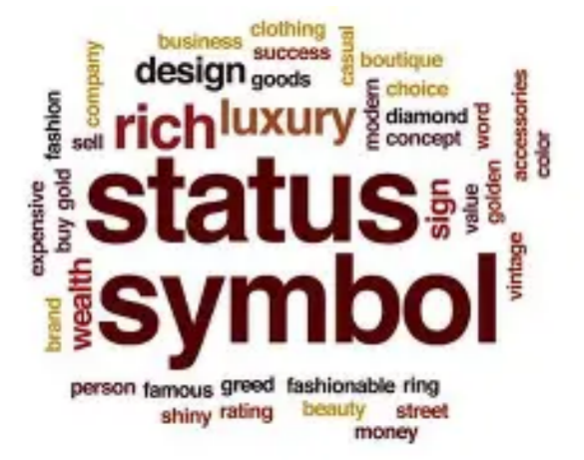The Decline of “Flip and Profit”
The time has passed when luxury homes were simply seen as items to buy and sell. Nowadays, wealthy buyers focus more on the “experiential value” rather than just fast profits. For example, a penthouse priced at $20 million in Tokyo’s Toranomon Hills is appreciated not for how much it can be sold for later, but for its wellness features. This includes a cryotherapy chamber and advanced air purification to improve one’s everyday life. Companies such as Aman Resorts are shifting their approach, promoting condos not as “investments” but as “curated residences,” where amenities like personal chefs and private art curators become essential elements of the property's charm.

Location Redefined: Proximity to Purpose
Affluent purchasers are moving away from “high-status areas” to regions that suit their ways of living. For instance, a tech founder may prefer a property in Boulder, Colorado, over one in Manhattan due to its convenient access to hiking paths and fast internet for working from home. In Europe, vineyard properties in Tuscany are now priced higher not only for their land but also for their “lifestyle experiences,” which include personal sommeliers, olive oil tastings, and links to local craftspeople. These homes prioritize living experiences, with their value growing based on the distinctiveness of what they provide rather than market fluctuations.

Customization as a Status Symbol
Luxury produced in bulk is no longer desirable; personalized living is becoming the trend. Wealthy individuals are hiring designers to create houses with “flexible areas” that can change according to their requirements. For instance, a townhouse in London features a basement that can shift from a wine cellar to a movie theater to a yoga space using intelligent dividers. Designers such as Norman Foster are developing homes equipped with modular technology—such as retractable glass walls and designated climate zones for each family member—that emphasize comfort rather than size. For these affluent buyers, the value of a home is determined by its ability to adapt to their lifestyles, rather than its price per square meter.

The Rise of “Legacy Properties”
Today, the wealthy consider real estate as long-lasting family treasures rather than quick investments. A villa by the sea in Southern France, which used to be sold every five to seven years, now remains in family possession for generations, updated with additions that support large families and sustainable features like solar energy systems and desalination facilities. These residences serve as vaults of shared experiences, hosting yearly family gatherings or art shows, with their worth measured in cherished memories instead of just market value.
This change doesn't mean avoiding investments; rather, it transforms the meaning of wealth. For those with riches, the true benefit of a property lies in the enhanced quality of life it brings. At a time when experiences are valued more than material goods, the real advantage of real estate is its power to make daily life exceptional.

